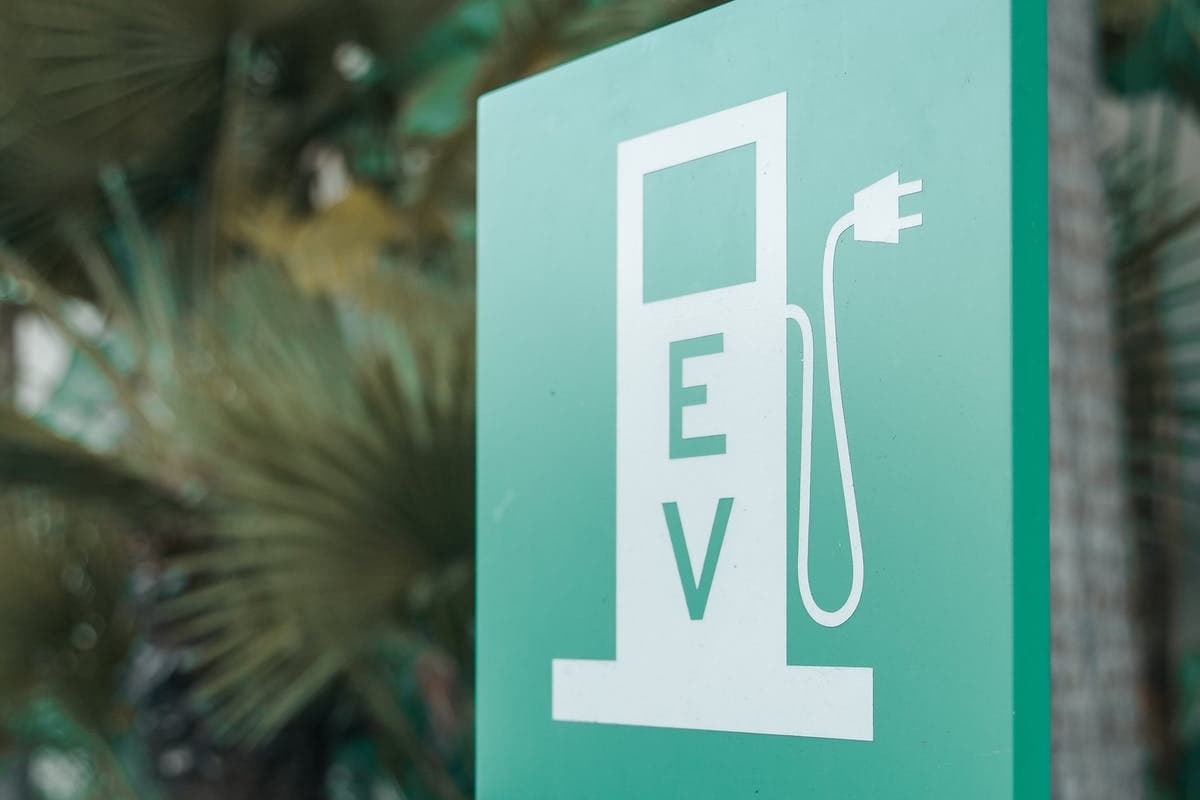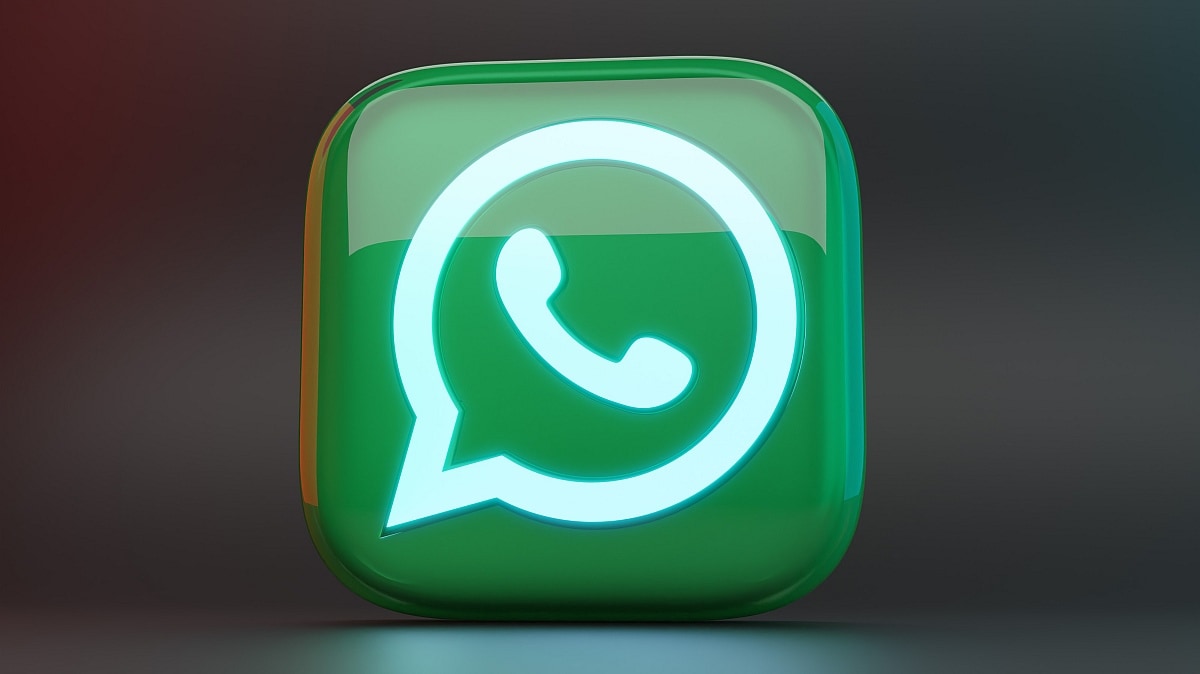Uber Starts Showing Upfront Destination Info to Drivers to Reduce Cancellations, But There’s a Catch
Uber in India has started showing trip destinations to drivers to let them decide whether they want to accept the ride. The new move is aimed to address rider concerns over cancellation by drivers after knowing their trip destination. The cab aggregator has also introduced earnings for long-distance pick-ups to allow drivers to accept ride requests even when the rider is not at a nearby location. Additionally, Uber has promised to start paying drivers on a daily basis — between Monday to Thursday. Driver associations are, however, not yet pleased by the new announcements.
To address concerns over cancellations by drivers after knowing the trip destination, Uber has announced that it has started showing trip destinations to drivers to let them make an informed choice. The feature is already live across 20 cities and is set to be expanded to all the remaining ones in the future. However, there is a catch. It is not live for all drivers.
Uber said that the upfront destination feature is available for drivers who “meet a predefined trip acceptance threshold.”
Shaik Salauddin, Founder State President (Telangana) of Telangana Gig and Platform Workers Union (TGPWU) and National General Secretary of Indian Federation of App Based Transport Workers (IFAT), said that the feature kicks in only when a driver completes five trips.
“The stipulation for completion of rides for accessing information on the upcoming ride should be removed,” he said while responding to Uber’s updates in a press statement.
The union leader also mentioned that if drivers did not accept the incoming ride, their ratings would be affected negatively.
“With back-to-back rides being pushed on the drivers to accept even before the current ride ends has been creating a nightmare situation for the drivers,” Salauddin said.
Uber, in its announcement, did mention that it would continue to monitor feedback from drivers and riders and iterate on the threshold over the coming weeks.
In addition to the upfront destination information, Uber said that it introduced additional earnings for drivers in case they have to travel a long distance to pick up riders.
“Drivers will be able to see the earnings for long pick-ups, separately displayed on the fare receipt,” the company said.
The feature is essentially aimed to help riders get cabs even when the demand is high and the availability of cabs is low in a particular area.
Salauddin said that despite making a public announcement, drivers are not yet being paid for their “dry runs” — either to pick up the rider or if they are stuck outside the city after completing their rider. He added by saying that the payments for the long distances travelled had not yet been compensated by the company.
In addition to long-distance payments claim, Uber said that it has started showing drivers the mode of payment — whether it is cash or online — before the beginning of their trip. This would, again, help riders to receive a reduced number of cancellations as drivers sometimes cancel rides if it’s not a cash trip.
Cash-only trips are favourable to most drivers as aggregators including Uber and Ola take time to credit their payments. Uber is claiming to address this issue — in addition to showing the mode of payment — by bringing a daily pay process for drivers.
“This will ensure that trip earnings from Monday to Thursday, are credited to drivers the next day, while earnings from Friday to Sunday, are credited on Monday,” the company said.
Uber also noted that it repeated complaints from riders on service quality essentials including cancellations and ensuring AC rides could lead to penalties and even restricted app access for drivers. The company, however, also said that it would remain committed to listening to riders and drivers and delivering the “Uber magical experience again.”
Countering Uber’s announcement, Salauddin said that as the company claimed to bring a magical experience back to its rides, it should have at least made it so for its drivers also.
“The drivers’ demands are for fare rates in proportion to the fuel rates in their city, access to information on the trip sans the mandatory regulations, compensation for dry runs and roll back on back-to-back trips being dumped on them continuously,” he said.
Uber recently hiked trip fares in certain cities by 12 percent including Delhi-NCR, claiming to help reduce the impact of fuel price hikes on drivers. However, drivers are not yet convinced by the move.
Salauddin said the increase should not be in percentage but equal to the hike in fuel prices in the rupee value.
In March, Uber introduced a Driver Advisory Council (DAC) to start getting feedback from drivers on its platform. That council is, however, called a “well-practised ploy” by existing driver associations including TGPWU and IFAT.
Salauddin alleged that the decisions taken in consultation with the DAC “are a sham.”
“When there is already a strong driver organisation with three years of public history doing immense work, why would a company set up an alternate institution unless they have malicious intent?” he questioned.
Check out our Latest News and Follow us at Facebook
Original Source






